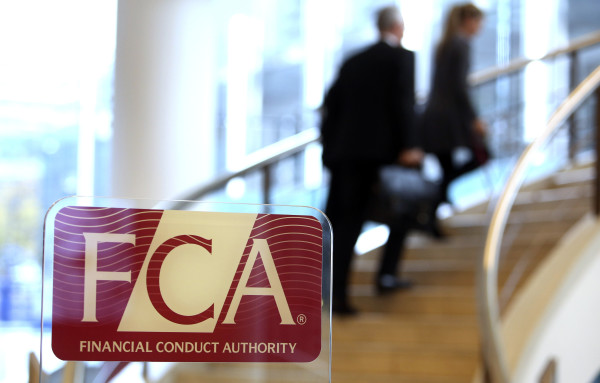The number of clone firm warnings issued by the City watchdog has jumped 110 per cent in the past five years, new data has shown.
A freedom of information request published by the Financial Conduct Authority shows the regulator issued 365 alerts for cloned firms in 2019 — 110 per cent more than the 173 issued in 2014.
The number of alerts for this type of scam have jumped significantly in recent years, from a mere 111 in 2017 to 303 in 2018.
The watchdog regularly posts warnings about scam and clone companies on its website, some of which have attempted to impersonate advice firms and other household names by using a slight variant of company details.
In the latter half of 2019 alone consumers were warned about clone firms claiming to represent advisers including Quilter Cheviot, St James's Place, Smith & Williamson and asset manager Fidelity.
The FCA itself was cloned in July this year, when fraudsters imitated the regulator’s website and included a page which encouraged firms to register for online invoicing and pay annual fees.
It was not the first attempt to clone the FCA's website this year, with a fake register surfacing in June which claimed to advertise financial adviser jobs and offer "job interview tips".
New clones team
Due to the growing trend the FCA has created a specialist clones team set to develop a focused understanding about how clones operate.
Part of the team’s aim is to develop strategies to disrupt and stop such conduct and enable authorised firms and consumers to better protect themselves against these sort of scams.
The FCA would not disclose the cost of the team or how much money the regulator spends on tackling cloned firms or scams in general.
However an FOI submitted by FTAdviser recently revealed the regulator spent more than £300,000 in the first half of this year fighting fraudulent and misleading adverts online as part of its work against scams.
The FCA's high-return investment campaign saw it use paid search adverts to "directly attack" online promotions for illegal or unsuitable financial products.
imogen.tew@ft.com
What do you think about the issues raised by this story? Email us on fa.letters@ft.com to let us know.

